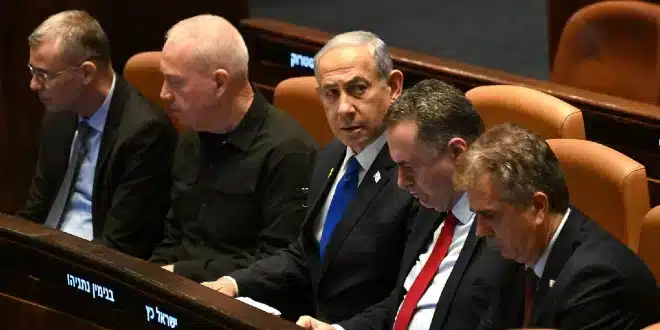Israeli Prime Minister Benjamin Netanyahu has taken a decisive step in addressing the escalating conflict in Gaza by sending Mossad chief David Barnea to participate in ceasefire negotiations. This move highlights the urgency and gravity of the situation, as violence continues to impact both Israeli and Palestinian civilians.
The ongoing conflict has seen heightened tensions and significant casualties on both sides, prompting international calls for de-escalation. With Israel’s military operations intensifying in response to persistent rocket fire from Gaza, the need for a sustainable ceasefire has become more pressing. Netanyahu’s decision to involve Mossad, typically associated with intelligence and covert operations, underscores the complex dynamics at play in reaching a peaceful resolution.
Barnea’s participation in the talks signals Israel’s intention to prioritize security concerns while exploring avenues for diplomacy. While details of the negotiations remain undisclosed, reports suggest that the focus will be on achieving an immediate halt to hostilities, addressing humanitarian challenges in Gaza, and setting the groundwork for longer-term stability in the region.
The decision to involve Mossad reflects Netanyahu’s recognition of the multi-faceted nature of the conflict. Intelligence plays a critical role in understanding and countering security threats, and the agency’s involvement may provide unique insights that could facilitate the ceasefire process.
These negotiations come amid heightened international scrutiny. Countries around the world, including the United States, Egypt, and Qatar, have called for restraint and are urging both parties to prioritize diplomacy. The involvement of global mediators may increase the chances of reaching a viable agreement, although challenges remain in bridging the deep-rooted mistrust between the parties.
As talks progress, the focus will likely shift toward balancing Israel’s security interests with the need to alleviate the humanitarian crisis in Gaza. The outcomes of these negotiations will not only influence immediate peace efforts but could also set the tone for future discussions on long-term solutions to the Israeli-Palestinian conflict.


